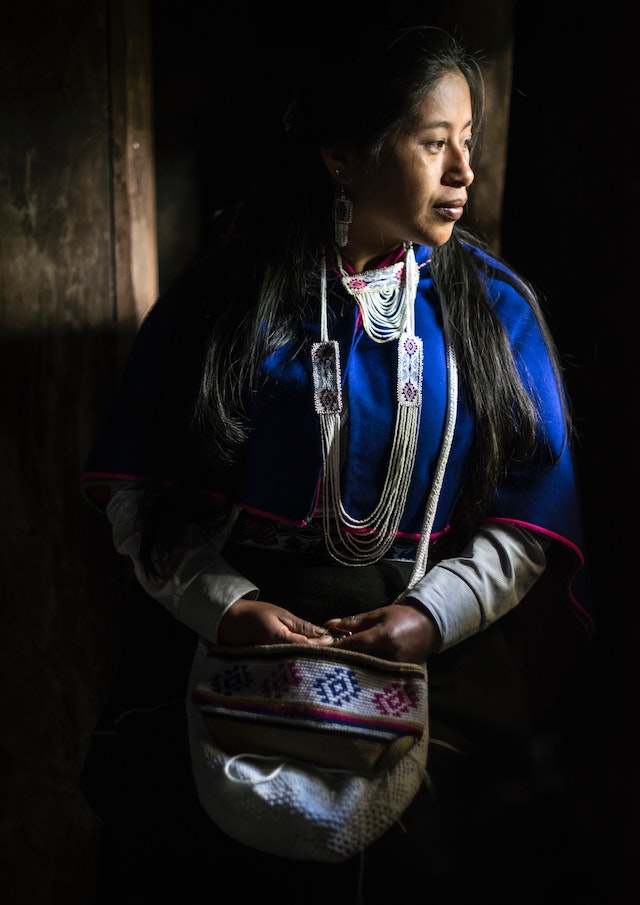The Number 1 Reason to Save a Dying Language is Culture
The number 1 reason to save a dying language is to save the culture, itself. Culture is inextricably linked to the language (which is why it is necessary to study culture in order to do good translation work).

Many words in any language are unique to the culture. They often reflect the way the people who used the language for centuries think. That in turn is related to the geography, climate, flora, and fauna of the group’s environment.
The Tāłtān People
For example, the Tāłtān people of northern British Columbia count the days of the year like most other cultures, but their months, unlike the Romans and Greeks, reflect the seasons, rather than the constellations. October is roughly the time of the year when the small lakes freeze. Therefore it is menh tenh ts’edle (small lakes freeze), while the next month, when temperatures drop much further and the warmer water at the bottom of the larger lakes finally cools is menh tenh cho (big lakes freeze), which is what you see in the region in November.
This focus on the environment is exceptionally important to a people whose homeland in the subarctic is filled with deep lakes, rivers, high mountains, narrow valleys, and canyons. Understanding the seasons is critical to procuring enough food to survive and thrive from one year to then next, as the Tāłtān people have done for thousands of years.
Place Names
The names of the places in many languages are not the names of famous people, but terms that vividly describe what you are seeing, creating and accurate map stored in the mind of all the speakers of the language.
I once heard of a man who guided a group of foreign hunters into a remote region in his homeland. As they approached each turn in the rugged and winding track through the wilderness, he would tell them in vivid detail what they would soon see. They were in awe of his vast knowledge of the land and one of them remarked about how much time he must have spent in the area to know it so well.
His reply was that he had never been into that particular area, but he had listened to the stories of the place often as a boy in his language. The language described each geographical feature in such detail in its name that it was as if he had been there many times.
Indeed, how descriptive is “Mount Jones?” But on the other hand, “Ice Mountain” raises a pretty strong picture in the mind of the hearer.
Misunderstandings

When language is lost and replaced with another, even the importance of geography to a culture is lost. An example is the “Snake River” that flows through a number or northwestern states in the U.S.. Europeans, not understanding the local language, guessing from the signs the local people made with their hands, rather than taking the time to find someone who could interpret, misnamed the river.
They were well-intentioned and believed they were rendering the name correctly in English. They assumed the way the river snakes all through the west was proof they were correct. But what they failed to recognize was the importance to the people who lived there of the river for food. The name really should be “Fish River,” for that is the true meaning of the original name. The signs they made with their hands did not represent a river snaking through the desert, but an abundance of fish swimming in the river!
History
An excellent reason to save a dying language and thus the culture is not only to preserve the richness of the culture for those who own it, but also to preserve the richness of the history that goes with it. We are all poorer when another culture dies.
Some cultures have many words in their language that are closely attached to the religion of the majority. In casually translating certain words into English, a translator might use “temple” when the word should be “church” or perhaps “cathedral” or “sanctuary” or “chapel.” Knowing something of the culture and the importance of a particular edifice helps identify which word best conveys the meaning correctly in English. It is critical to save a dying language before the richness of the culture it represents is lost forever.
When a language is allowed to die, much of the richness of the culture also disappears. Words in the replacement language can function well enough to communicate with others, engage in commerce, learn basic sciences, etc., but they cannot convey the colour of the culture of the ancient people who inhabited the land for so long. The words of another language that is foreign to the region cannot produce the same sense of awe at a particular basalt formation, or a river that has fed a particular people for thousands of years or perhaps the risks passed on to each generation of taking one route home over another.
Preservation of Culture
But even more important is the preservation of the culture, itself. Culture is what gives so many people a sense of identity, of who we are. When a person’s culture is stripped away, many lose all sense of identity, purpose, and relevance. It is no wonder there’s so much depression and despair around the world! Too many people no longer know where they come from, or if the do, what it means to come from there!
What is your experience? Do you think it’s important to save a dying language? Please share in the comment section, below.
 Copyright secured by Digiprove © 2023 Dave Cottrell
Copyright secured by Digiprove © 2023 Dave Cottrell
